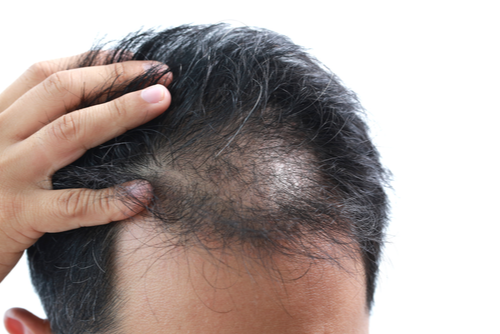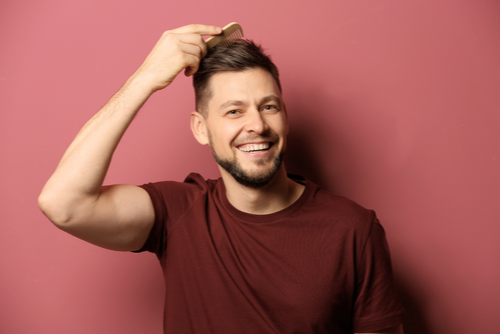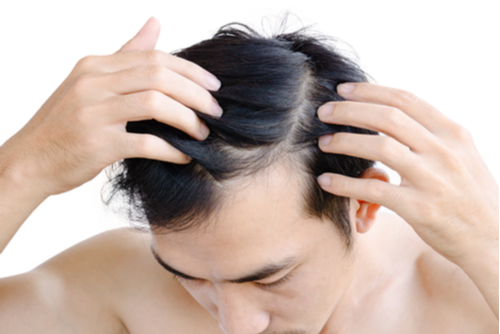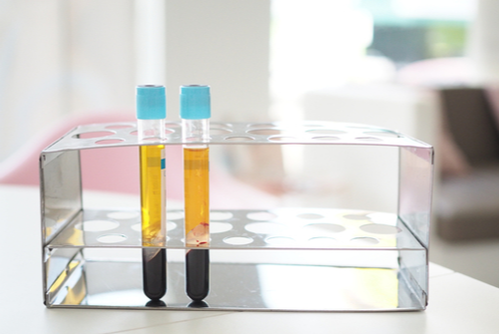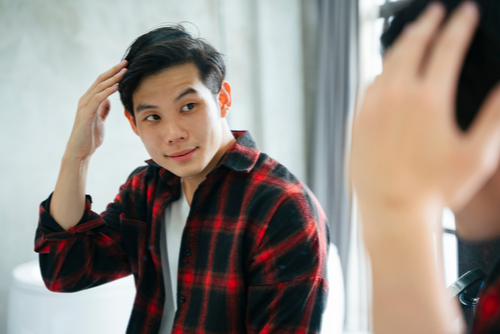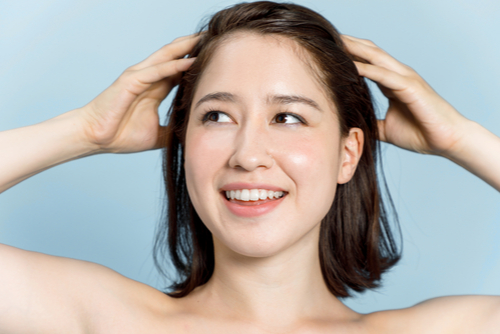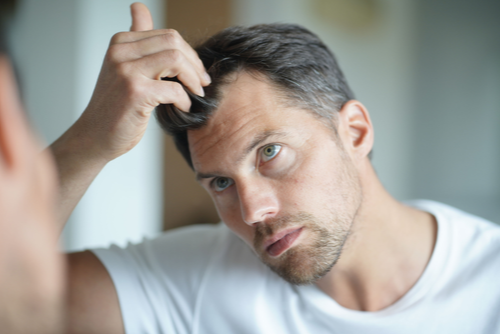
Injections of platelet rich plasma are slowly becoming one of the most sought after hair restoration procedures. Though, many patients have questions about platelet rich plasma since many do not know much about it. Understandably, many have concerns as well. Let’s touch on a common one, “Can PRP make your hair worse?”
While it is possible for PRP injections to make hair worse, this is exceptionally unlikely and almost never heard of. It is more likely that they will have little to no effect. The injections, while they do perforate the skin, are no more invasive than any other needle prick you receive as part of a medical procedure. Therefore, this carries little risk of permanently damaging the scalp.
As mentioned, the most likely negative outcome is that PRP simply has no effect on hair regrowth. Though, studies have shown PRP to be at least as effective, if not more effective than already trusted hair growth agents like minoxidil. Your provider can discuss the specifics of PRP hair restoration during a consultation.
To learn more and schedule a consultation, call us at 206-279-2112. You can also reach out online via chat and contact form.

